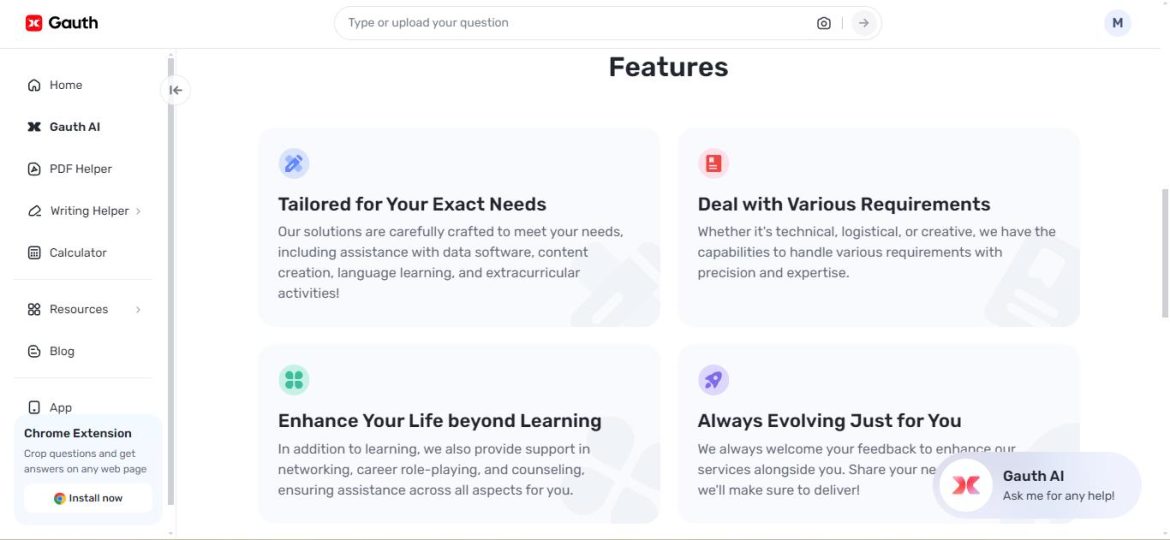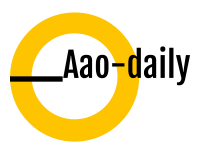Quality homework in academic circles does not exist only as a result of individual effort but as a product of cooperative learning strategies. One strategy that heightens the quality of homework is peer review. In this method, students involve peers in reviewing their work to bring deeper insights into correcting mistakes and enhancing their understanding of the subject matter.
Often, students look for homework pdf answers merely to verify whether the solution obtained was correct; however, peer review can be an interactive, pedagogical experience that goes beyond the simple act of verifying whether a solution is correct or not. In this blog, we are going to show ways in which peer review enriches the quality of homework.
Critical Thinking
Peer review of homework aids in developing critical thinking: students can identify the strengths and weaknesses of a peer’s homework in a peer review. The process of reviewing a colleague’s work provokes a student to question assumptions, check facts, and make recommendations for improvement. This helps in deepening one’s understanding of the subject.
Providing Multiple Perspectives
One of the most powerful advantages of peer review is that it exposes students to different points of view on the same task. Different students may apply different methods or interpretations when solving the same homework problem. Peer review allows the students to appreciate multiple ways of doing problems, broadening their outlooks and promoting flexibility in problem-solving. It would help students better understand the material rather than just standardized PDF homework answers.
Communication Skills Enhanced
Peer review allows students to enhance their communication skills in discussing ideas, giving room for improvement, and giving suggestions for improvement points. At the very moment they sit to review their homework, they must be able to communicate their observations effectively, constructively, and respectfully. Similarly, receiving feedback poses a need to understand and reflect on the suggestions presented by other students.
Self-confidence and Responsibility
Peer review helps students to take responsibility for their own work. Since a peer will check his home assignment, they hold a certain level of responsibility by submitting their best pieces of work. More importantly, it enhances their self-confidence since the students receive appropriate feedback as well as constructive criticism from peers, which results in better performance later on.
Error Detection and Improvement Areas
One of the benefits of peer review is to detect mistakes that might have otherwise gone unnoticed by self-assessment. Peer reviewers may thus recognize a mistake or misinterpretation the original author is unaware of. They may point out errors in calculation, errors of logic, or an unclear explanation. It becomes more aware of typical errors and can avoid such in future assignments. It helps raise the overall quality of homework submissions.
AI Homework Assistant And Peer Review Support
Peer review is a good tool for improving the quality of homework assignments. However, with technology, it can become even better and complimented. Gauth is an AI homework assistant that gives step-by-step solutions to various subjects across different problems. Using Gauth will allow students to get their homework checked with indicated errors and new ways or methods of solutions identified.
But it can also supplement peer reviewing. A student who receives feedback from a peer can then use Gauth to check their answers or to find another way to solve the same problem. Combining both peer reviewing and AI-assisted completing boosts students’ overall homework quality and accuracy.
Conclusion
Peer review is an invaluable homework quality improvement enhancing critical thinking, active learning, and oral communication. This practice allows a large number of diverse perspectives and fosters student responsibility, hence better homeworking results; this resource-allocation model can be complemented by using Gauth.

